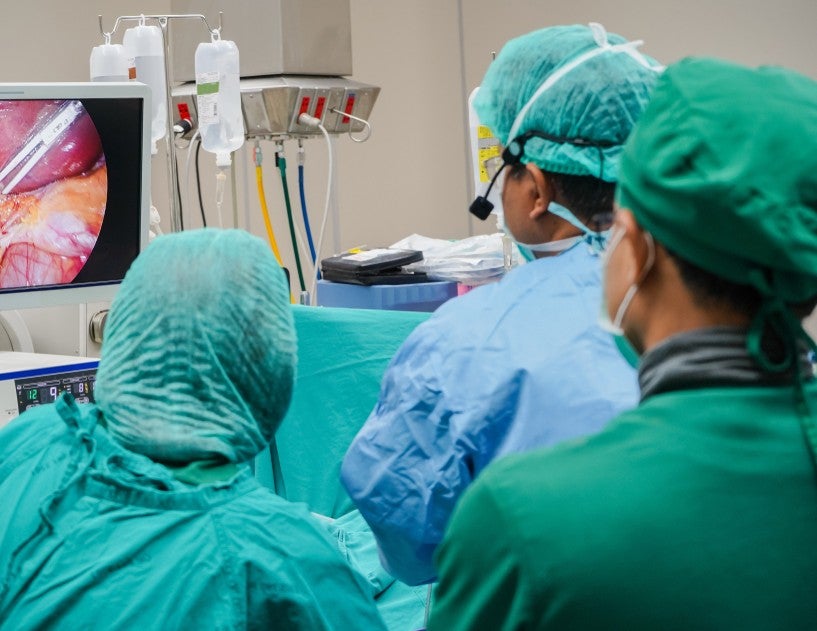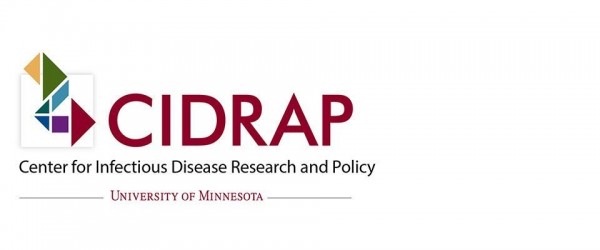Editor's Note The Centers for Medicare & Medicaid Services (CMS) issued a letter on Medicaid funding November 17 with preliminary guidance for states regarding the implementation of new federal requirements on health care-related (provider) taxes in Medicaid. Per the letter, which was described in a news release at CMS.org, the…
Editor's Note The incidence of surgical patients being discharged against medical advice is increasing, leading to a subsequent rise in postoperative complications and readmissions, according to new published research. The investigators evaluated trends, risk factors, and postoperative outcomes among surgical patients who were discharged against medical advice and their findings…

When it comes to treating chronic pain—or pain associated with surgery—clinicians are always looking for alternatives to opioids. “There are zero advantages to chronic opioid use,” says Earl Kilbride, MD, MHA, an orthopedic surgeon at the Austin Orthopedic Institute. While the US makes up about 4.4% of the global population,…

Effective communication is the foundation of patient safety in the modern surgical environment. Most surgical procedures depend on seamless collaboration among surgeons, nurses, surgical technologists, and anesthesiologists, and when communication breaks down, patient risk rises sharply. In 2024, the American College of Surgeons reported standardized surgical handoffs improved adherence to…

Takeaways • Determining the return on investment (ROI) for a robot-assisted surgery (RAS) program should include anticipated surgeon volume and past cases where RAS could have been used. • Some organizations dedicate staff to RAS cases, while others orient all to these procedures. • Offering ROI after hours require careful…

Editor's Note The Centers for Medicare & Medicaid Services (CMS) announced the launch of a new model using artificial intelligence (AI) to target unnecessary Medicare spending, the agency reported in an October 17 update. The voluntary model will run from January 1, 2026, through December 31, 2031, and aims to…

Editor's Note Hospitals can reduce anesthesia costs by up to 30% and significantly curb provider burnout by embracing technology-enabled collaboration with anesthesiology practices, Surgical Directions August 27 reports. The report outlines how rising demand, workforce shortages, and variable pay structures have pushed anesthesia expenditures up sharply in recent years. Traditional…

Editor's Note Private equity firms are accelerating their push into outpatient cardiology, lured by reimbursement trends and a fragmented market but shadowed by concerns about patient outcomes and financial motives, Modern Healthcare October 16 reports. Investor activity in cardiology has surged alongside the Centers for Medicare & Medicaid Services (CMS)…

Editor's Note The Centers for Medicare & Medicaid Services (CMS) is enlisting artificial intelligence (AI) to combat wasteful spending, but ambulatory surgery centers (ASCs) warn the plan could slow care and increase administrative strain, Ambulatory Surgery Center News October 20 reports. The agency’s new Wasteful and Inappropriate Service Reduction (WISeR)…

Editor's Note Fifteen states and territories are banding together to rebuild the nation’s weakened public health infrastructure as federal support falters, CIDRAP October 17 reports from October 15 Wall Street Journal coverage. According to the news, Democratic governors have launched the Governors Public Health Alliance, a nonpartisan, nonprofit effort to…